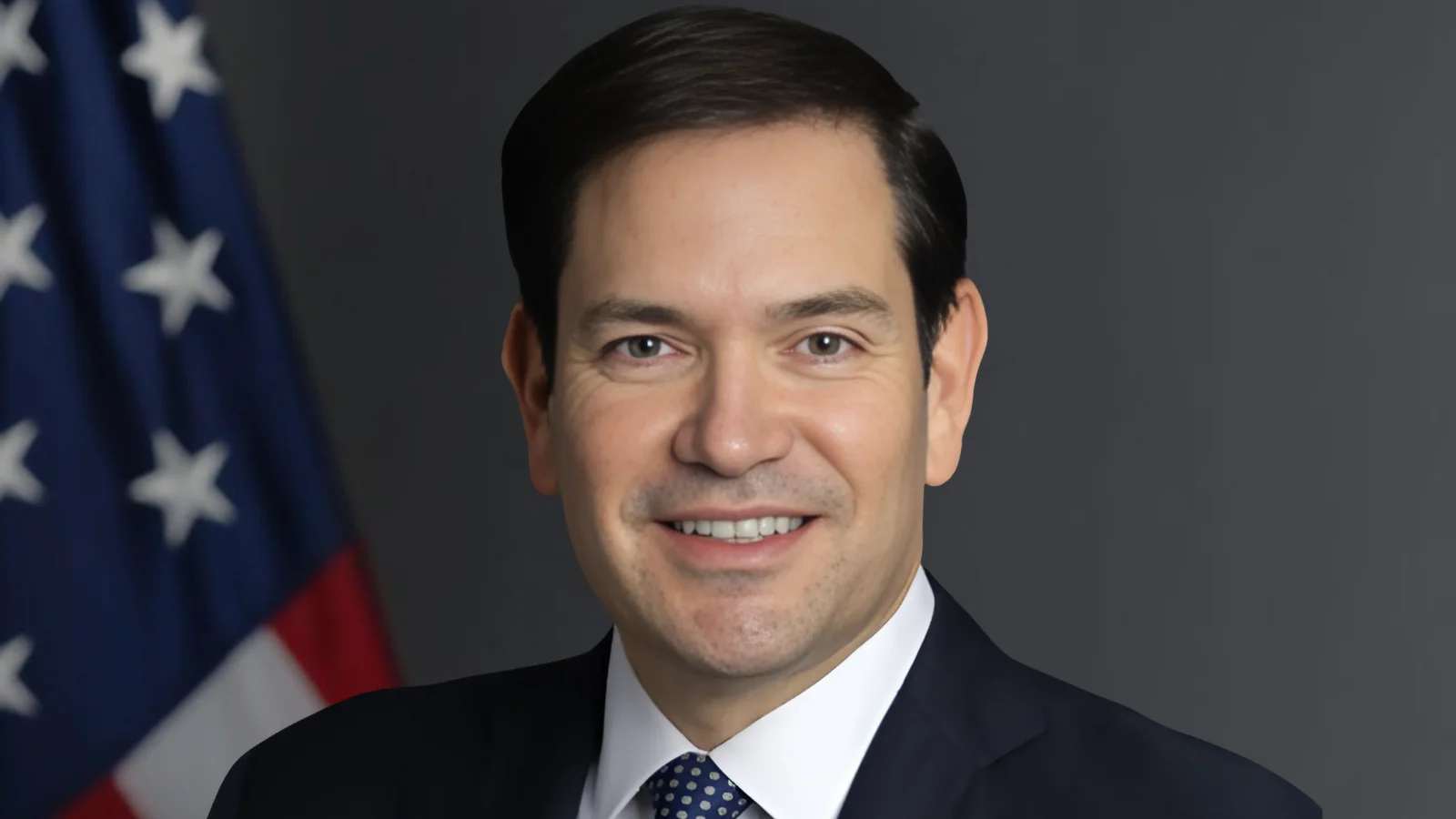Today, the United States officially rejected the 2024 amendments to the International Health Regulations (IHR) of 2005. This decision was made by the Department of State in collaboration with the Department of Health and Human Services (HHS). The rejection is part of a commitment to protect national sovereignty and prevent international influence on U.S. domestic policies.
The World Health Assembly adopted these amendments in 2024, which expanded the World Health Organization's (WHO) authority over international public health responses. According to Secretary of State Marco Rubio and Secretary of Health and Human Services Robert F. Kennedy, these changes were developed without adequate public input and give WHO more control over pandemic declarations and access to health commodities.
The U.S. officials expressed concerns that these amendments could allow undue influence from WHO directives on domestic health responses. They also highlighted issues related to political influence and censorship within WHO, particularly noting China's role during outbreaks.
The language used in the amendments was described as vague, potentially leading to WHO-coordinated responses focused on political issues rather than effective actions. There are also concerns about digital health documents compromising privacy and personal liberties.
"Our Agencies have been and will continue to be clear: we will put Americans first in all our actions," said Rubio and Kennedy in their joint statement. They emphasized that public health policy should reflect American values rather than being dictated by global actors.





